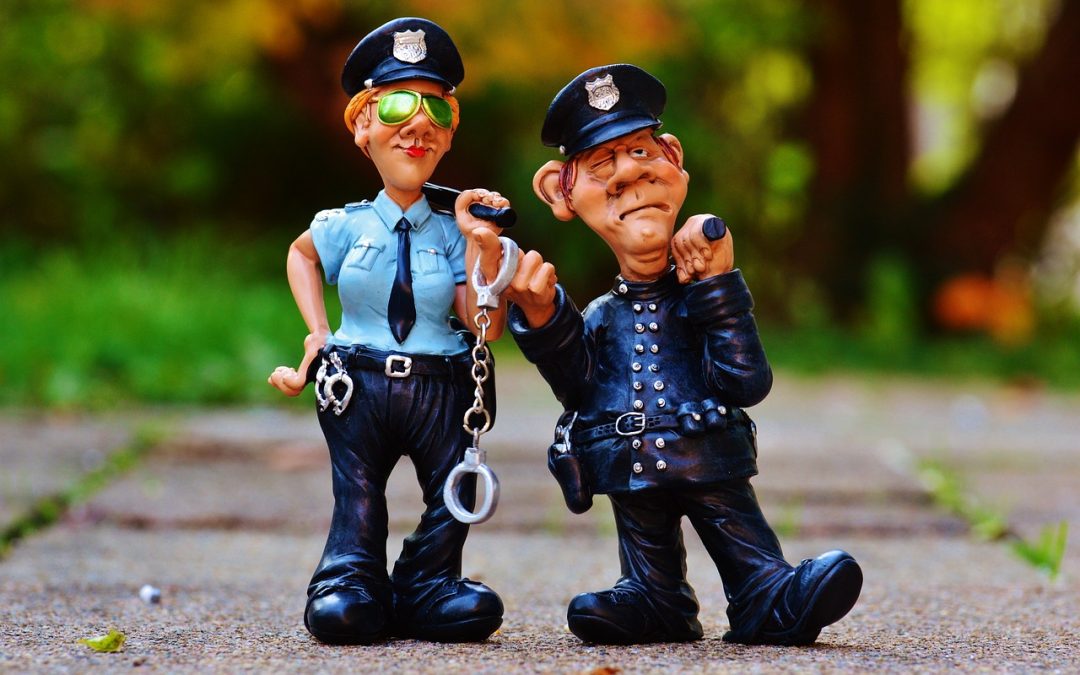As we increasingly rely on encrypted apps to protect our digital privacy, it’s natural to wonder: does using these apps raise a red flag for law enforcement? While it’s true that encryption can sometimes be associated with illegal activities, it’s essential to remember that using encrypted apps is, in itself, a criminal offense. In fact, many people use these apps to protect themselves from cyber threats and to maintain the privacy of their digital communications.
Understanding Your Rights
In the United States, the Fourth Amendment protects individuals from unreasonable searches and seizures. This means that law enforcement generally needs a warrant or probable cause to search your devices or data. If you’re stopped or questioned by the police, you have the right to remain silent and ask for a lawyer. Remember, you’re not obligated to answer questions or provide access to your devices without a warrant.
Interacting with Law Enforcement
If you’re stopped or questioned by the police, it’s crucial to stay calm and assert your rights:
- Remain calm and composed. Avoid being confrontational or aggressive, as this can escalate the situation.
- Be respectful and polite. You can say, “I’m going to remain silent, and I’d like to speak with a lawyer.”
- Don’t physically resist or obstruct the police. This can lead to serious consequences, including arrest or even physical harm.
- Don’t consent to a search of your devices or data. You can say, “I don’t consent to a search. I’d like to speak with a lawyer.”
Remember, You’re Not Alone
In the words of Justice Louis Brandeis, “The greatest dangers to liberty lurk in insidious encroachment by men of zeal, well-meaning but without understanding.”
The right to privacy is a fundamental right guaranteed by the Constitution, and it’s essential to assert this right in your interactions with law enforcement.
Remember, using encrypted apps is not, in itself, a criminal offense. If you’re stopped or questioned by the police, prioritize your safety and assert your rights calmly and respectfully. Stay informed about your local laws and regulations, and seek legal advice if you’re unsure about your rights or circumstances. By being aware of your rights and staying informed, you can navigate interactions with law enforcement with confidence and safety.
The information at Observed.Org may not pertain to every jurisdiction. It is YOUR responsibility to know your rights and observe them. Nothing here should be considered legal advice.

